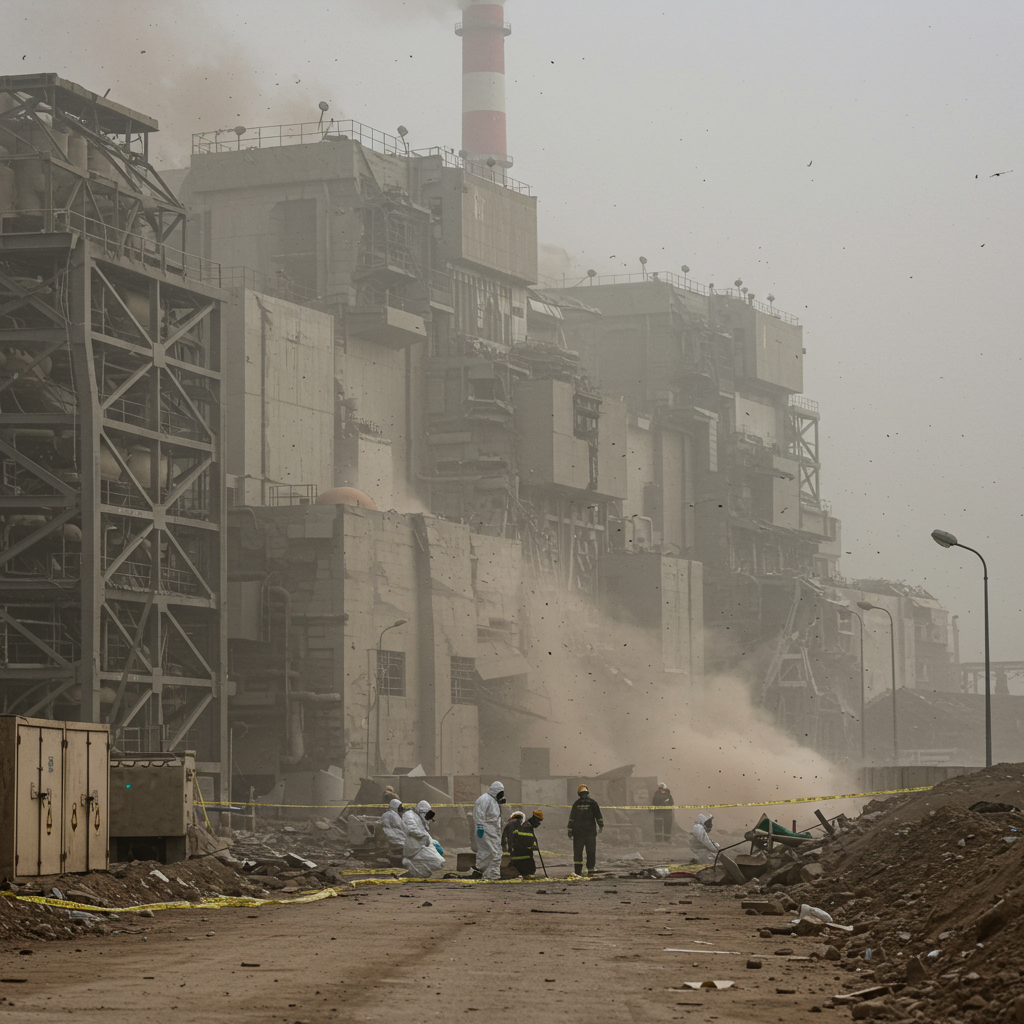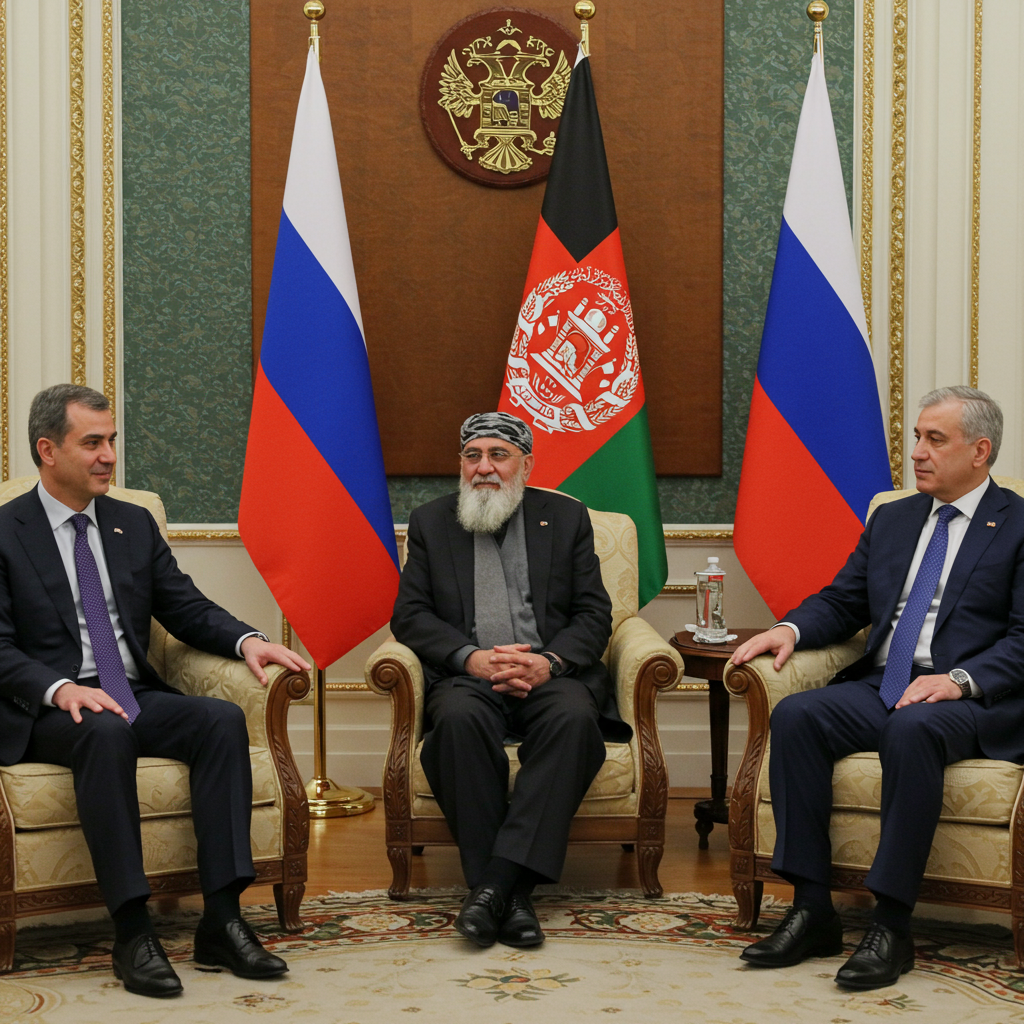Six north Koreans who accidentally drifted into southern waters earlier this year have been repatriated by Seoul, marking the first such return under the administration of south korean President Lee Jae-myung. The Ministry of Unification stated the decision was based on the individuals’ consistent and strong desire to return to their homeland. However, this swift handover, occurring despite severed communication channels and amidst high inter-Korean tensions, has sparked questions from experts and human rights advocates regarding the verification of consent and the individuals’ safety upon return. The July 9, 2025, repatriation across the maritime border highlights the intricate and often opaque dynamics governing interactions on the Korean peninsula.
Accidental Drifters Amidst Rising Tensions
The six individuals were not defectors seeking asylum but rather North Koreans whose small wooden boats veered off course. Two were rescued in the West Sea (also known as the Yellow Sea) in March 2025, unexpectedly spending four months in the South – a remarkably long period for non-defectors caught adrift. The other four were sailors whose vessel drifted across the disputed maritime border into the East Sea in May 2025.
Wooden boats are common in North Korea but are ill-equipped for navigating difficult weather or strong currents, often leading to unintentional drift. Historically, such incidents involving individuals wishing to return would trigger coordination efforts between Pyongyang and Seoul, typically resulting in a handover via the land border.
A Break in Communication and Diplomacy
Current inter-Korean relations are severely strained. North Korea unilaterally cut all communication lines in April 2023. This breakdown was further compounded by Kim Jong Un’s declaration eight months later that unification with the South was no longer possible.
With traditional channels closed, the only known avenues for contact are the US-led United Nations Command and through public news media. Seoul’s Ministry of Unification confirmed attempting to inform Pyongyang of its intention to repatriate the six individuals twice via the United Nations Command, but received no direct response.
Despite the lack of formal communication, the repatriation proceeded. The presence of North Korean patrol vessels and fishing boats at the designated handover point on Wednesday morning led observers to believe a “behind-the-scenes” agreement must have facilitated the process. Nam Sung-wook, former head of the Korea National Strategy Institute think tank, noted the practical necessity of coordination, stating that setting a boat adrift without arrangement carries a significant risk of it simply drifting away again in the vast ocean.
The Process and the Politics
The six North Koreans were reportedly placed aboard a repaired wooden boat and transported to North Korean waters for the handover. This marked a significant event as it was the first repatriation conducted under President Lee Jae-myung, who assumed office in June 2025 after campaigning on a platform of improving ties with Pyongyang.
The timing of the drifting incidents also falls within a period of South Korean political transition. Michael Madden, a North Korea expert from the Stimson Center, pointed out that the initial drifting occurred after the impeachment of former President Yoon Suk Yeol. This political uncertainty in Seoul, with interim presidents in place, may have contributed to delays in decision-making for both sides. Madden suggested both Koreas might have been cautious to avoid international accusations of unlawful repatriation driven by political expediency.
What Awaits Upon Return?
Experts anticipate a difficult reception for the six North Koreans upon their return. Nam Sung-wook believes they face lengthy and intense interrogations. Authorities will likely grill them on every detail of their time in the South, searching for any potential espionage training or overheard sensitive information.
Lim Eul-chul, a professor specializing in North Korean studies at Kyungnam University, added that the individuals might subsequently be utilized for propaganda purposes. Their expressed desire to return to North Korea could be framed by the regime as a validation of its legitimacy and a rejection of the South.
Human Rights Concerns and Skepticism
The repatriation decision has drawn sharp criticism from some corners, particularly among North Korean defectors and human rights activists. They express bafflement that the individuals were not given more exposure to South Korean society.
Activist Lee Min-bok argued they should have had a chance to interact with defectors to understand life in the South more fully. Lee, known for floating anti-Kim leaflets across the border, stated he would have warned them about potential punishment from the North Korean regime simply for having experienced life in the South.
Furthermore, the official claim by the Ministry of Unification that the repatriation was made with the “full consent of all North Korean individuals involved” has faced scrutiny. Peter Jung of the Seoul-based NGO, Justice for North Korea, questioned the verification process. He argued that the individuals’ wishes should have been independently confirmed under the presence of neutral observers, such as the UN Refugee Agency.
This incident highlights the stark contrast with the tens of thousands of North Koreans who have fled to the South since the Korean War. Defection, often a perilous journey, is a far more common outcome than voluntary return. The controversy underscores the difficult ethical considerations when dealing with individuals from an authoritarian state, where true consent can be hard to ascertain.
New Government’s Stance and Future Outlook
President Lee Jae-myung’s administration has signalled a shift towards a more conciliatory approach compared to its predecessor. Lee has pledged to restart dialogue with Pyongyang and actively seek to reduce tensions.
As part of these efforts, South Korea’s military suspended its loudspeaker propaganda broadcasts across the border just a week after Lee took office. This move was described as an attempt to “restore trust in inter-Korean relations and achieve peace on the Korean Peninsula.” The National Assembly is also currently debating a bill that would ban civilian groups from launching propaganda balloons into the North, another measure aimed at reducing friction, although met with strong opposition from activists.
Despite Seoul’s overtures, many analysts remain skeptical about the prospects for significant improvement in ties. Celeste Arrington, director of The George Washington University Institute for Korean Studies, points to North Korea’s strengthened cooperation with Russia as reducing its need for engagement with the South. She also notes a lack of public enthusiasm for engagement within South Korea itself. According to Arrington, there are few signals indicating a desire from Pyongyang to re-establish communication channels or genuinely warm relations, especially following Kim Jong Un’s declaration of the South as his country’s “principal enemy” in January 2024.
The repatriation of these six individuals, while framed as a humanitarian act based on their expressed wishes, occurred within a complex political landscape. It navigates severed communication lines, ongoing tensions, and conflicting perspectives on human rights and the future of inter-Korean dialogue. The incident serves as a stark reminder that despite occasional interactions, the two Koreas remain technically at war, divided by a heavily fortified border and deep ideological chasms.
Frequently Asked Questions
Why were these North Koreans repatriated instead of being allowed to stay in the South?
According to South Korea’s Ministry of Unification, the primary reason for repatriation was the consistent and strong desire expressed by all six individuals to return to North Korea. South Korean policy allows North Koreans who unintentionally drift into its waters to return home if they genuinely wish to do so, as opposed to defectors who seek to resettle in the South. The repatriation was officially stated to have occurred with their full consent.
What potential risks or consequences might the repatriated individuals face upon returning to North Korea?
Experts like Nam Sung-wook and Lim Eul-chul anticipate that the returnees will undergo intense interrogations by North Korean authorities. The focus will likely be on extracting any information they gathered while in the South, potentially including whether they received espionage training or overheard sensitive details. There is also a possibility they could be used for state propaganda to promote the legitimacy of the Kim regime, based on their reported desire to return.
How does this repatriation incident reflect the current state of North-South Korean relations?
The repatriation highlights the complex and strained nature of current inter-Korean relations. It occurred despite North Korea having cut off all official communication lines since April 2023, suggesting a possible ‘behind-the-scenes’ agreement. It also coincides with the start of President Lee Jae-myung’s administration, which seeks improved ties through measures like suspending propaganda broadcasts. However, analysts note continued high tensions, North Korea’s alignment with Russia, and a lack of clear signals from Pyongyang indicating a willingness to resume meaningful dialogue.
Word Count Check: 1011


